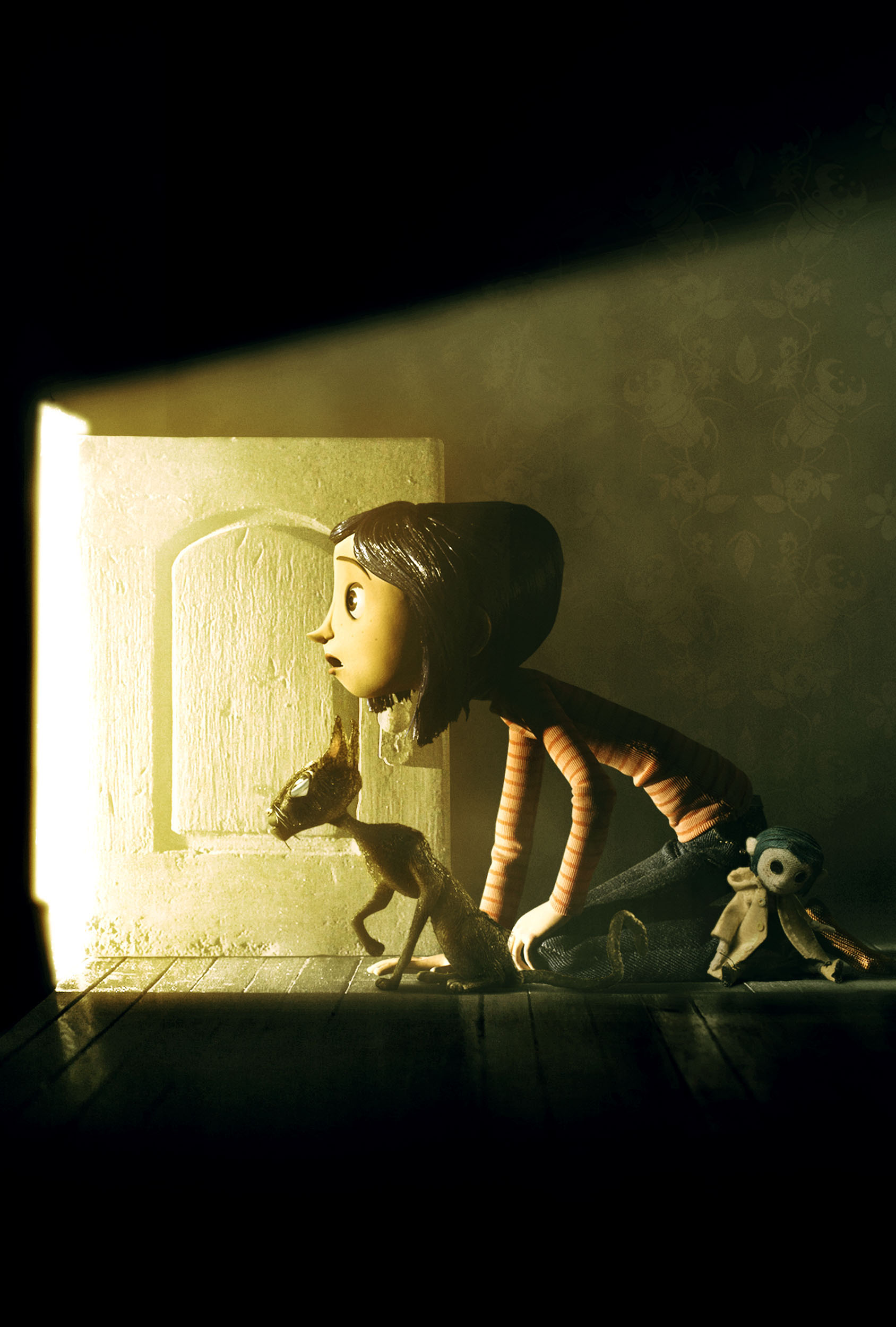Source: Journalism.co.uk
Sunday 1 November 2009
Wednesday 19 August 2009
The Pros & Cons Of The Affiliate Model
What Is Affiliate Marketing
"Affiliate Marketing is a marketing method whereby one business rewards another business for sending customers, visitors and/or sales.
"Mostly, affiliate marketing rewards come in the form of revenue share on a sale. Site A (the affiliate) funnels visitors to Site B (the merchant). If a transaction is completed by the merchant, the affiliate receives a commission on the sale. Do this numerous times a day in a high-margin area, such as loans, and both the affiliate and the merchant can make a lot of money.
"Affiliate marketing is nothing new."In the carpet markets in Turkey, you get pestered by salesmen whos job is to tempt you off the street and across the threshold of a carpet shop. He - its invariably a he - might get paid for bringing you to the door (the online equivalent is equivalent to cost-per-click), or, if you buy a carpet he receives a commission (cost per action). Or perhaps a mixture of the two.
"The benefit to the merchant is that he doesn't have to pay the full time wages of the salesman, and he only pays him on performance. The benefit to the salesman is that he doesn't have to own a shop, carry merchandise, deal with transactions, or any of the other costs associated with running a carpet shop.
Win-win. "
Sunday 12 July 2009
Saturday 20 June 2009
Google Operators
To find case studies from official government sites about outbreaks of swine flu in UK schools try this:
The asterisk acts as a wildcard for any words in between 'swine flu' and 'schools' and the ~ symbol searches for synonyms of 'outbreak'

View at EasyCaptures.com
Wednesday 13 May 2009
Google Search Options
"We were told that the hardest problems in search were:
- Finding the most recent information
- Expressing that you want just one type of result
- Assessing which results are best
- Knowing what you’re looking for
- Expressing your searches in keywords
Source: "Google searches fo the perfect answer" Mike Harvey, Tech Central, TimesOnline
Tuesday 5 May 2009
Steve Outing asks: 'digital' or 'online' media?
The trouble with “online media” is that it, to my mind, implies the state of your PC constantly connected to the Internet via an ethernet cable or wi-fi. But it doesn’t really work to describe mobile devices like phones or e-readers (e.g., Amazon’s Kindle), which increasingly are supplementing or even replacing the PC as Internet access devices and retrieve data from the Internet on-demand.
Source: steveouting.com 'Digital' media or 'online' media?
Saturday 2 May 2009
Coraline: dark magic

Went to see a preview screening of Coraline yesterday evening - totally magical.
"Add to those interested parties the millions who love the fantasy-rich literature of Neil Gaiman and those who adore the dreamscape artistry of Nightmare Before Christmas filmmaker Henry Selick, and you have the audience for Coraline: everybody. This thrilling stop-motion animated adventure is a high point in Selick's career of creating handcrafted wonderlands of beauty blended with deep, disconcerting creepiness."
Entertainment Weekly
Image courtesy of Fivestarbank98
Saturday 25 April 2009
Sunday 15 March 2009
Sir Tim Berners-Lee at the TED conference and the 20th anniversary of the WWW
From Read Write Web:
One year ago Berners-Lee said that all the pieces needed to build a new Semantic Web are now in place. Last month he gave an impassioned talk at the high-profile TED conference about a related concept called Linked Data, a set of ideas he outlined in 2006. The gist of the idea is that we need every institution that can do so to put raw data in a standardized format up on the web.
Friday 13 March 2009
Sunday 8 March 2009
Internet most important invention in 30 years
 A panel of eight judges from the Wharton School of the University of Pennsylvania voted that the Internet was the biggest innovation of the last three decades, followed by computers, mobile phones and e-mail.
A panel of eight judges from the Wharton School of the University of Pennsylvania voted that the Internet was the biggest innovation of the last three decades, followed by computers, mobile phones and e-mail.Source: New York Times
Wednesday 4 March 2009
Monday 16 February 2009
New York Times: skim the Sunday paper online
It is easier and more relaxing to scan a surface of information than flip through a stack, so information is laid out in a rigid two-dimensional grid. The sections do not flip into place; instead, they slide up and down. If you want to imagine the whole of the content as a giant uncut scroll of paper, don’t let us stop you.
Check it out here.

Story first seen on The Editor's Weblog.
Thursday 12 February 2009
How Reading Made Us Modern - a Professor explains
It made me want to re-read Pamela in the coffee shop in the British Library with King George III's collection towering above me.
Incidentally, one of the treasures in the BL is the Lindisfarne Gospels (late 7th/early 8th Century) - the oldest surviving translation of the gospels of Matthew, Mark, Luke and John into the English language.

Wednesday 11 February 2009
Koala bear Sam and boyfriend Bob are new Internet sensations
Reuters provides the story but the Mail has the best pictures.

Watch the YouTube video here:
Thursday 8 January 2009
Creative Freedoms
Wired magazine's Chris Anderson talks about the long tail and Professor James Boyle explains the Creative Commons copyright system.
Subscribe to the podcast here.
